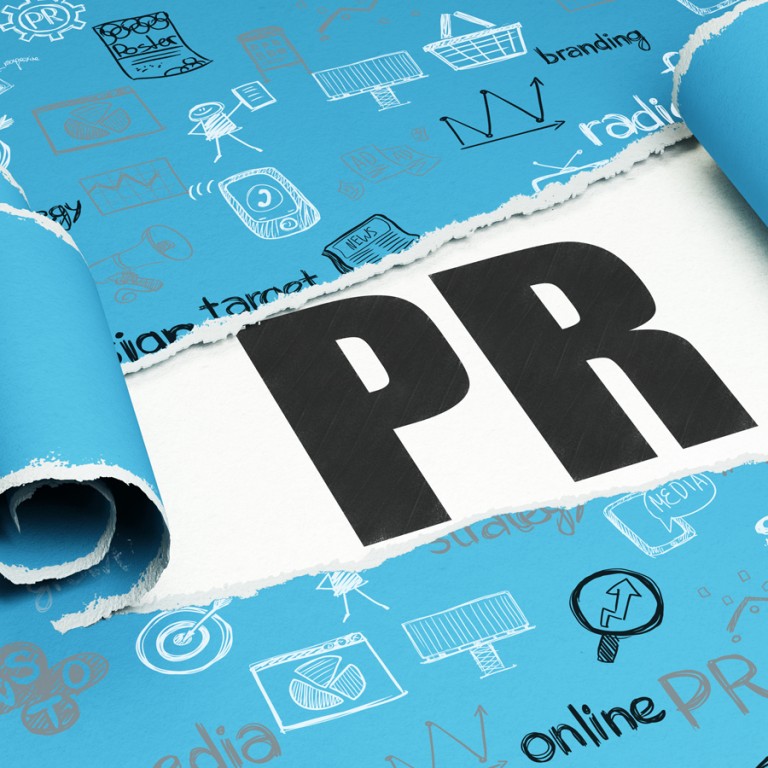
Why public relations in Hong Kong has always been big business
Younger members of the city's tycoon princeling caste keen to justify hanging onto their inherited privilege are just the most recent customers of an industry that's never been short of work in a society where enough money and persistence can get you places, writes Jason Wordie
“Plenty of push” eventually gets people where they want to go in Hong Kong, and this brash characteristic has been an acknowledged facet of local life since the colony’s free-wheeling mid-19th-century beginnings.
Various anecdotes from the past illustrate this. The story of how a newly arrived Australian woman engaged a public relations firm to “launch” her into Hong Kong society in the early 1990s has passed into local PR legend. For some years afterwards, this squawky-voiced, not-very-bright, transparently facile bottle blonde from Sydney lived out her fantasy life within the pages of Hong Kong’s society magazines – all thanks to a closely targeted series of PR “launches”. That such an aspirational social climber achieved her objectives says much about Hong Kong’s core values.
Historically, the city’s most lucrative public relations firms were run by women. The most successful PR executives were expatriate Australian harridans, mostly flint-edged former journalists who had migrated here.

Journalists often segue into the public relations field; in some professions, little real difference exists between gamekeeper and poacher, and various strands of lifestyle journalism have historically fitted that description.
Ethical grey areas where advertising copy formlessly melts into a business profile article (or the other way around) are seldom more apparent than in Hong Kong, which is – and always has been – too small and interconnected for whistles to be blown very loudly, or for very long.
Crafting and contriving a more-or-less credible alternative reality to suit professional or personal agendas is a closely honed, profitably marketed skill.
A shameless inability to “hate themselves the morning after” is a defining characteristic of the PR industry’s most successful professional liars. After all, why tell the truth when a plausible alternative can be skilfully created and most Hong Kong people are so distracted by their own everyday circumstances they cannot discern the difference?
But in Hong Kong, where the truth deficit in public life becomes more sharply pronounced with every passing year, the ability to govern effectively is increasingly compromised when almost every official utterance is assumed by the public to be spin and lies. This didn’t matter much in an age of greater deference, when Hong Kong’s leading business figures – of whatever ethnic background – expected their every comment to be unquestioningly reported like some revealed religious truth.
Times have changed, though, and PR exercises frequently spill over into corporate training initiatives. In particular, younger, Westernised, more media-savvy members of Hong Kong’s tycoon princeling caste have come to realise that, if their inherited privilege is to have any hope of lasting amid rising popular distaste, a better cultivated public image is essential.
Being instructed in what to wear (smart casual, not too showy), how to display the common touch that their hermetic upbringing and lifestyle never gave them (smile pleasantly, look people in the eye, make sure you know the interlocutor’s name and use it regularly in conversation) and how to shrewdly anticipate and sort-of answer (or deftly deflect) potentially awkward questions at media events are all teachable PR skills, and successful instructors command high prices.
And to keep corporate PR people on board, comfortable retainers ensure a discreet silence about what they actually know about the individuals whose public personas they have helped construct. As an old African proverb shrewdly maintains, crocodiles tend to eat their own young unless they are properly fed.
For more on Hong Kong history and heritage, go to scmp.com/topics/old-hong-kong

